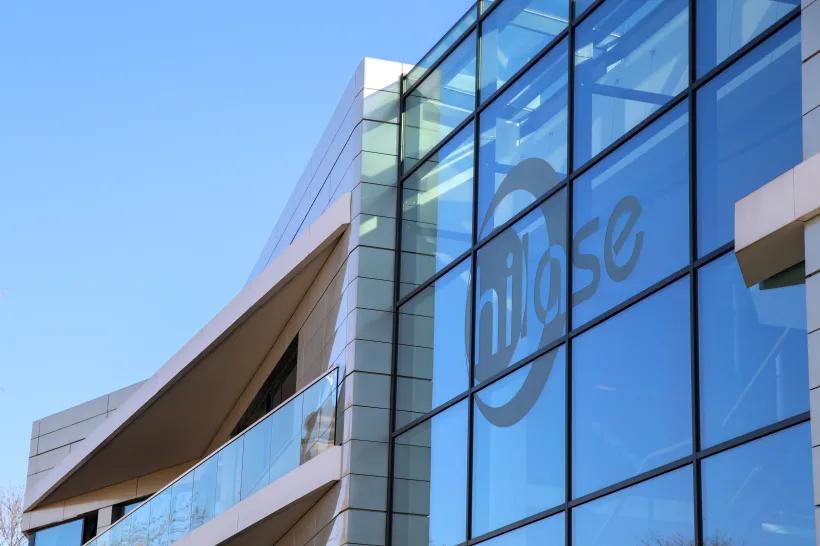Research
Researchers have discovered antiferromagnetic changes on the atomic scale
The atomically sharp domain walls that were discovered by an international team led by researchers from the Institute of Physics of the Czech Academy of Sciences, might considerably improve the research of ulta-fast memory devices made from antiferromagnetic materials.
Three MSCA grant holders arrive at the FZU, bringing Half a Million Euros for Physical Research
A total of 11 postdoctoral researchers have headed back from abroad to Czechia as grant holders of the Horizon Europe’s “Excellent Science” programme. Three of the researchers who will be developing their career path at the Institute of Physics have received a total of 498 836,16 Euros awarded to them as part of the Marie Skłodowska-Curie Postdoctoral Fellowships in order to finance their research in physics. In addition to this, the FZU has received an ERA Postdoctoral Fellowship.
Cherenkov telescopes at the Ondřejov Observatory capture their first data
On Wednesday, February 23, the Cherenkov telescope SST-1M recorded its first events initiated by high-energy particles (of hadronic origin or originating from gamma-rays). Two telescopes are gradually being built at the Ondřejov Observatory since 2021. Among the key institutions involved in those activities are Université de Genève, Instytut Fizyki Jądrowej PAN, Krakow and the Czech Academy of Sciences.
Czech physicists have been able to "move" a quasi-particle soliton
Scientists from the Institute of Physics of the Czech Academy of Sciences in collaboration with their Korean colleagues successfully demonstrated an experiment to create and destroy solitons with non-integer charge. They achieved this by using electrical pulses from the tip of a scanning microscope. The new procedure is an important step in the development of quantum computers based on solitons. The result was published in the Nature Nanotechnology journal.
A revolutionary rechargeable battery design: high-capacity battery that doesn’t catch on fire or explode
Researchers from the Czech Academy of Sciences have patented an invention that might fix the problem with batteries catching on fire. The experimental high-voltage aqueous battery is based on dual-ion electrochemical reactions. The new battery provides a life-cycle of 500 discharge/charge cycles, and its capacity is comparable to that of the commercially available nickel-metal hydride batteries. But unlike them, the aqueous battery is made of extremely cheap materials.
The study proved Czech scientist’s biochip to fast and reliably detect SARS-CoV-2
The biochip is as fast as an antigen test and at the time as reliable as the PCR method. A team of Czech scientists led by Hana Lísalová has achieved the most crucial milestone in the development of a unique system for the detection of the SARS-CoV-2 virus causing COVID-19. Biosensor research, which the system is based on, confirmed their sensitivity and reliability and opened new options for further development in this area.
Third world record on the BIVOJ laser system
We are happy to announce that the BIVOJ laser system is once again a record holder in its performance class. This is BIVOJ's second world record this year and the third overall. Earlier this month the high energy output from BIVOJ was converted (via second harmonic frequency conversion) to 515 nm wavelength pulses with an energy of more than 68 J at a repetition rate of 10 Hz, which at the time of writing is the world's highest average power in the category of high energy (>1 J), high average power lasers.








